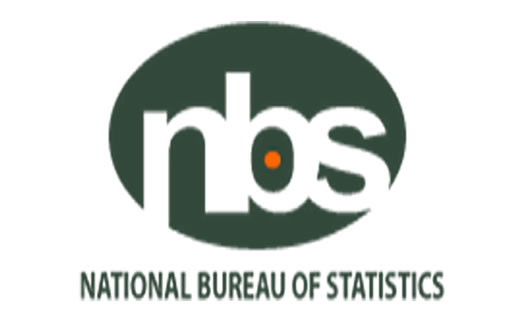Nigeria’s inflation falls, amidst rising food prices
Nse Anthony-Uko is Abuja editorial lead at business a.m. covering finance, business, economy, federal government economic MDAs and FCT
November 21, 20187.1K views0 comments
In sharp contrast to analysts’ forecast, Nigeria’s annual inflation rate declined marginally to 11.26 per cent in October 2018 from 11.28 per cent in September. The official figure released on Wednesday by the National Bureau of Statistics (NBS) came amidst rising general price level for food items.

Analysts at FSDH Merchant Bank and FDC had earlier projected 11.34 percent and 11.35 per cent inflation rates respectively for October, citing continued impact of rising food prices.
The Consumer Price Index (CPI) report released by the NBS on Wednesday, showed that inflation rate decreased by 11.26 per cent (year-on-year) while the composite food index dropped by 13.28 per cent in October compared to 13.31 per cent in September.
The index is dropping again after two consecutive months of increases in August and September.
Business a. m recalls that after 18 months of decline, inflation rate (year-on-year) rose again from 11.14 per cent in July to 11.23 percent in August and further to 11.28 per cent in September.
The report showed that increases were recorded in all classes of items that yielded the headline index.
On month-on-month basis, the headline index increased by 0.74 per cent in October 2018, down by 0.09 per cent points from the rate recorded in September 2018 (0.83) percent.
The percentage change in the average composite CPI for the twelve months period ending October 2018 over the average of the CPI for the previous twelve months period was 12.78 per cent, from 13.16 per cent recorded in
September 2018.
The urban inflation rate increased by 11.64 per cent (year-on-year) in October 2018 from 11.70 per cent recorded in September 2018, while the rural inflation rate increased by 10.93 per cent in October 2018 from 10.92 per cent in September 2018.
On a month-on-month basis, the urban index rose by 0.76 per cent in October 2018, from 0.86 percent recorded in September, while the rural index also rose by 0.72 per cent in October 2018, down from the rate
recorded in September 2018 (0.82) per cent.
According to the statistics bureau, the rise in the food index was caused by increases in prices of Fruits, Meat, Vegetables, Potatoes, yam and other tubers, Bread and cereals, and Oils and Fats.
On month-on-month basis, the food sub-index increased by 0.82 per cent in October 2018, from 1.00 per cent recorded in September.
The average annual rate of change of the Food sub-index for the twelve-month period ending October 2018 over the previous twelve-month average was 15.36 per cent, from the average annual rate of change
recorded in September (15.92) per cent, it said.
